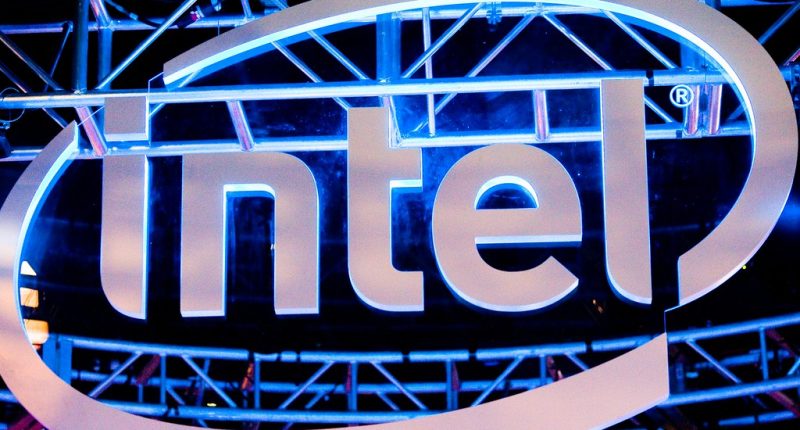Intel has publicly made it clear that its focus now completely lies in the artificial intelligence and machine learning business and continues to work to bolster that segment of the company. It has acquired several startups in that regard and has reportedly bought one more. According to TechCrunch, Intel has acquired Cnvrg.io, an Israeli startup that runs a platform to build and deploy machine learning models at scale.
The Santa-Clara based company told TechCrunch, “We can confirm that we have acquired Cnvrg. Cnvrg will be an independent Intel company and will continue to serve its existing and future customers.”
Founded by Yochay Ettun and Leah Forkosh Kolben, Convrg.io provides a platform for data scientists to build and run machine learning models. Users can also train and track multiple models and draw comparisons between each model. Basically, it provides data solutions and model management for machine learning development, right from research until production.
It has partnered with some well-known tech companies such as Nvidia, Red Hat, Seagate, NetApp, etc. VC firms like Hanaco Venture Capital and Jerusalem Venture Partners had invested $8 million in the startup, valuing the company $17 million in its last funding round, according to PitchBook. While competition is still growing in this part of the business, currently Cnvrg.io’s main competitors are Databricks, Sagemaker and Dataiku.
The acquisition of Cnvrg.io is one of the many bets Intel has made in recent times to expand its presence in the AI and Machine Learning market. Not long ago, the chipmaker bought SigOpt to help scale its AI productivity and performance. The San Francisco based startup is very similar to Cnvrg.io’s platform and provides a platform for the optimization of artificial intelligence (AI) software models at scale. Intel also acquired AI chipmaker Habana for $2 billion at the end of 2019.
The American chipmaker also sold off its NAND SSD business to SK Hynix for $9 billion. Intel had said the capital from this deal will be used to further develop its AI and machine learning operations. So it seems like all of Intel’s recent business moves are aimed at improving the AI functionalities of its chips and compete more fiercely against Nvidia and AMD.
However, the recent Q3 results of the company tell a different story. The chipmaker faced massive downfalls in its revenues in mostly all of its businesses, led by its data center business. The company reported revenues of $18.3 billion in Q3 2020, down by 4% from last year.
The Tech Portal is published by Blue Box Media Private Limited. Our investors have no influence over our reporting. Read our full Ownership and Funding Disclosure →





